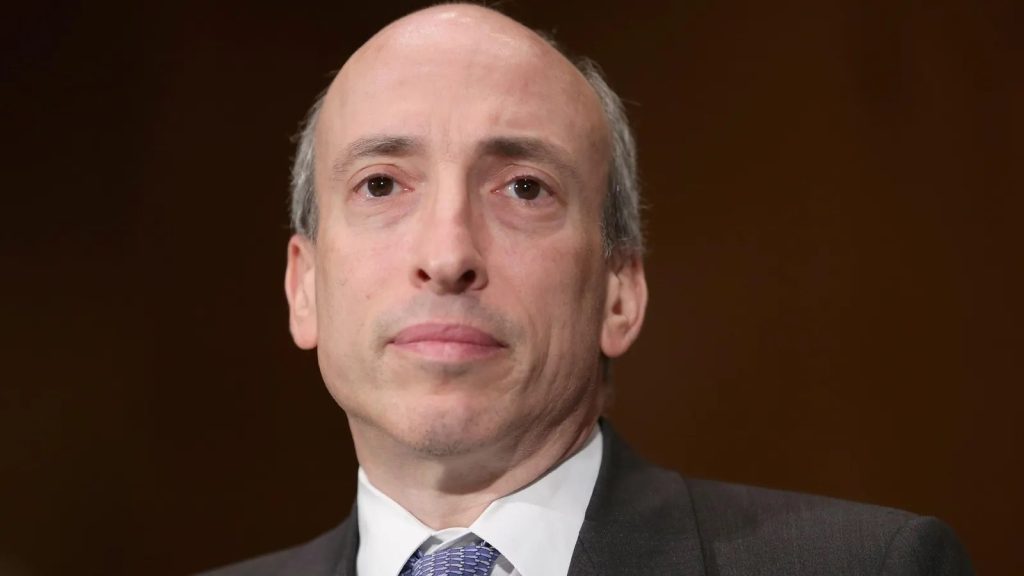
Gary Gensler, the Chairman of the U.S. Securities and Exchange Commission (SEC), has reiterated that Bitcoin (BTC) does not fall under the category of securities. His statement aligns with previous remarks made by the SEC, reinforcing Bitcoin’s status as a commodity rather than a security, unlike many other cryptocurrencies.
Gensler emphasized that while Bitcoin is recognized as a non-security, the broader cryptocurrency market still faces significant regulatory challenges. He pointed out the need for the crypto industry to build trust with both regulators and investors. “The crypto sector needs to build trust if it wants to see broader adoption and integration into the financial system,” Gensler noted during his recent speech.
The Importance of Trust and Regulatory Clarity
Gensler stressed that many crypto assets, other than Bitcoin, are likely to be considered securities based on the Howey Test, which evaluates whether an asset qualifies as an investment contract. As such, these assets would need to comply with existing securities regulations, which include investor protection, disclosure requirements, and ensuring market integrity.
He also highlighted that a lack of trust and transparency has hindered the growth of the crypto industry. He urged companies in the space to work more closely with regulatory bodies to establish clear guidelines that will help mitigate risks such as fraud and market manipulation.
What Does This Mean for Bitcoin?
With Gensler reaffirming Bitcoin’s non-security status, it solidifies Bitcoin’s position as distinct from other digital assets that face scrutiny. This clarity may encourage more institutional investors to consider Bitcoin as a reliable store of value or a hedge against inflation, without the regulatory complexities associated with securities.
However, Gensler’s remarks suggest that the SEC may continue to take a stricter stance on other cryptocurrencies. This could lead to increased regulatory actions against projects that are perceived as violating securities laws, making compliance a key focus for the industry moving forward.
In conclusion, Gensler’s emphasis on building trust and his reiteration of Bitcoin’s non-security status underline the need for clearer regulations and cooperation between the crypto industry and regulatory authorities. This approach aims to foster a safer and more transparent market environment for all participants.
